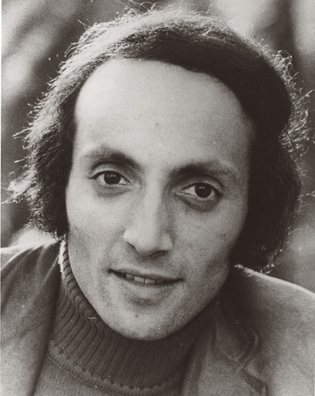 loading
loading
MilestonesErich Segal's Yale story Manuscripts & ArchivesErich Segal, an associate professor and celebrity author, in 1971. View full imageYale’s relationship with Erich Segal, who died on January 17 at age 72, didn’t end in 1972. That’s just the year it got all the attention—the year the university denied Segal tenure in the classics department, where he had been a professor since 1966. This raised eyebrows, since Segal was renowned on campus for his lecture style. “He was absolutely electrifying,” recalls Doonesbury cartoonist Garry Trudeau ’70, ’73MFA. “He prowled the stage, brimming with excitement and erudition.” Segal’s fame, however, eclipsed his teaching. Though he published scholarly works like Roman Laughter, a study of Plautus, he was best known for Love Story, a 1970 romance novel (set at his alma mater, Harvard) that was both a worldwide bestseller and the basis for a blockbuster film. Did that success wound his academic reputation? “It wasn’t fair,” says Trudeau, “but you can’t dress up in tight leather pants to chat with starlets on Johnny Carson Friday night and expect to be taken seriously in a classroom Monday morning.” But classics professor Donald Kagan, who was part of the conversation about Segal’s tenure, says that while the department doubted his long-term commitment to academia, his celebrity was not an issue. “If anything, people got a charge out of it,” he recalls. The real problem, he says, was Roman Laughter. “At that point, all he had going for him was a dissertation that he had turned into a book, and nobody would say it was a great book. Nobody would have gotten tenure based on those achievements.” Segal left the university in 1973 and continued as both a novelist and a classical scholar. Kagan adds that he had a great fondness for Segal: “As a colleague, he was everything you could ask for. He was reliable, friendly, up for anything.” What’s more, he says, Segal left Yale with no permanent ill will, which may explain the final chapter of his story with the university: in the early 1980s, he returned to the classics department for two years as an adjunct professor. “At that time, my feeling was that he was easier, more comfortable,” Kagan says. “By the time he came back, it was all water under the bridge.”
The comment period has expired.
|
|